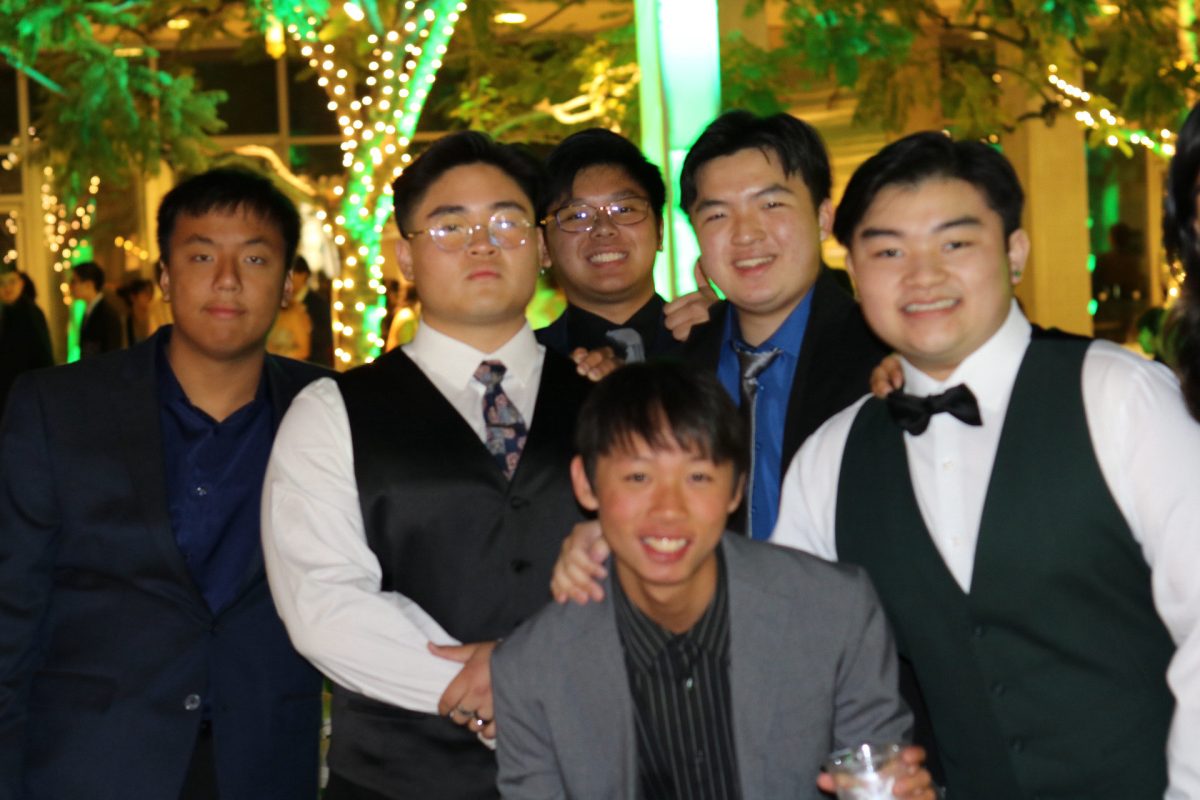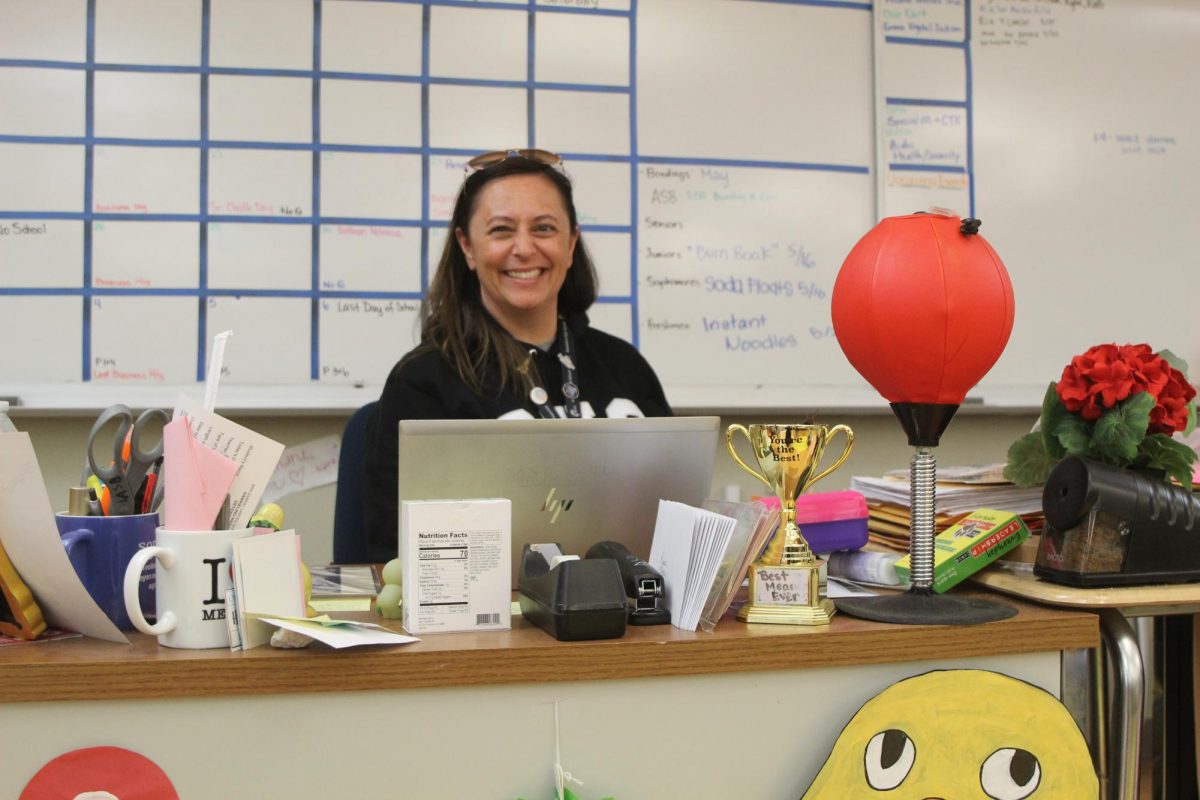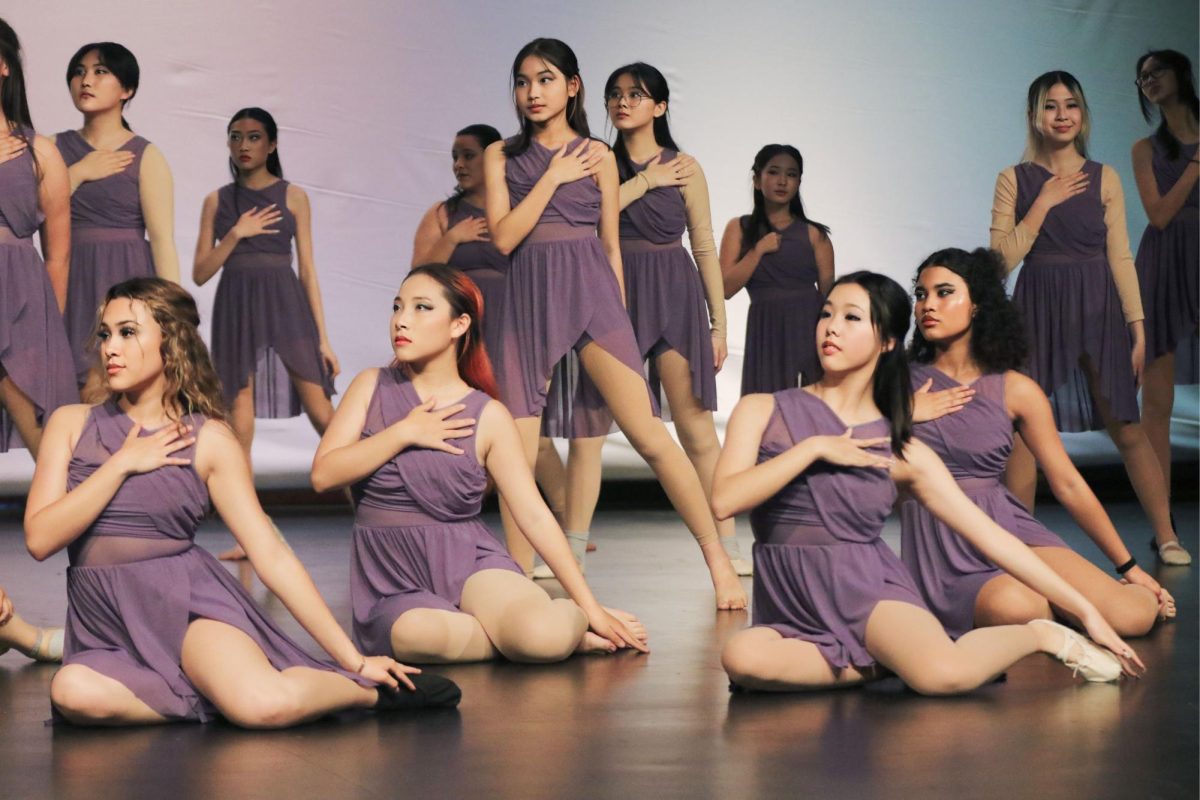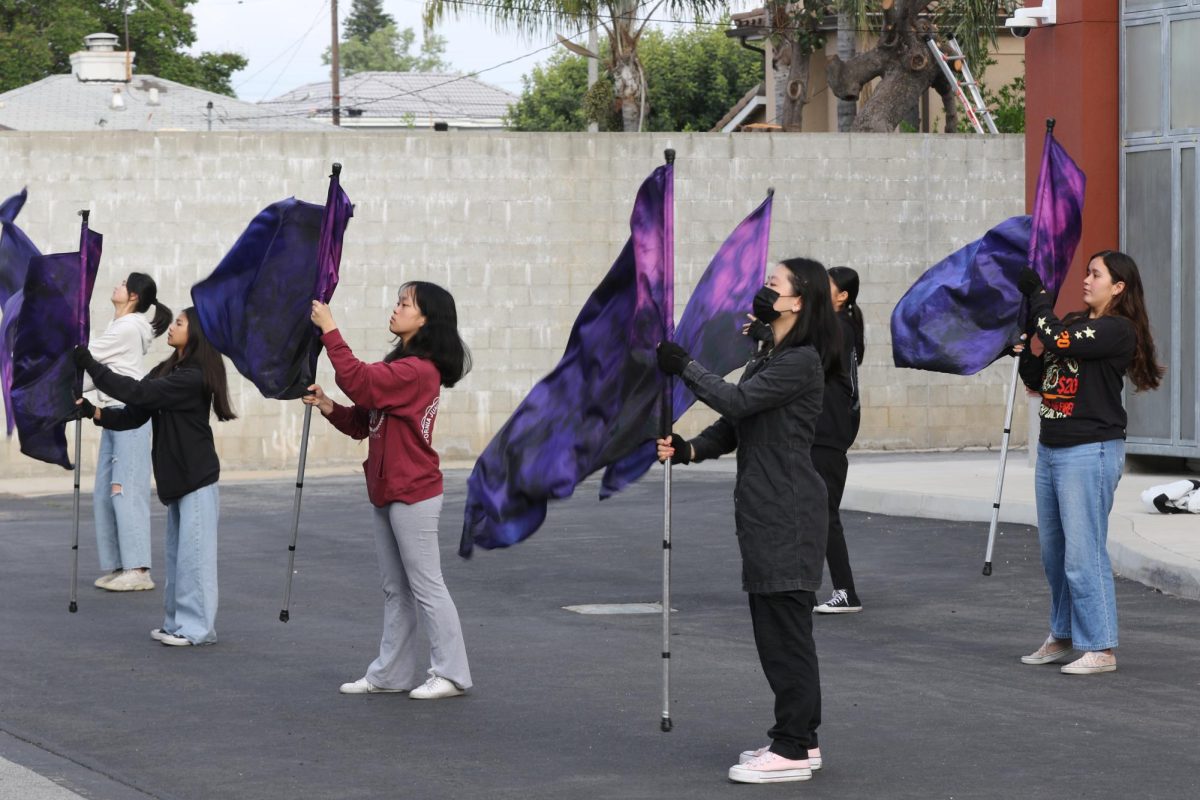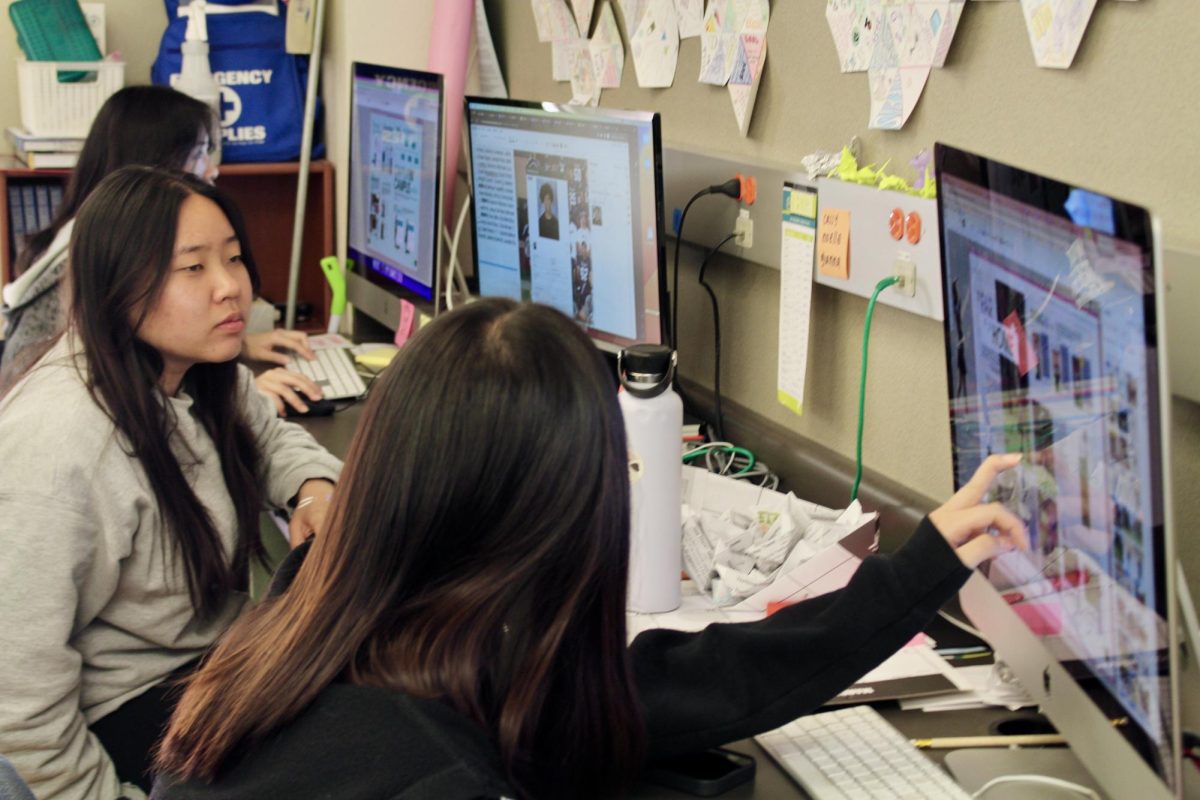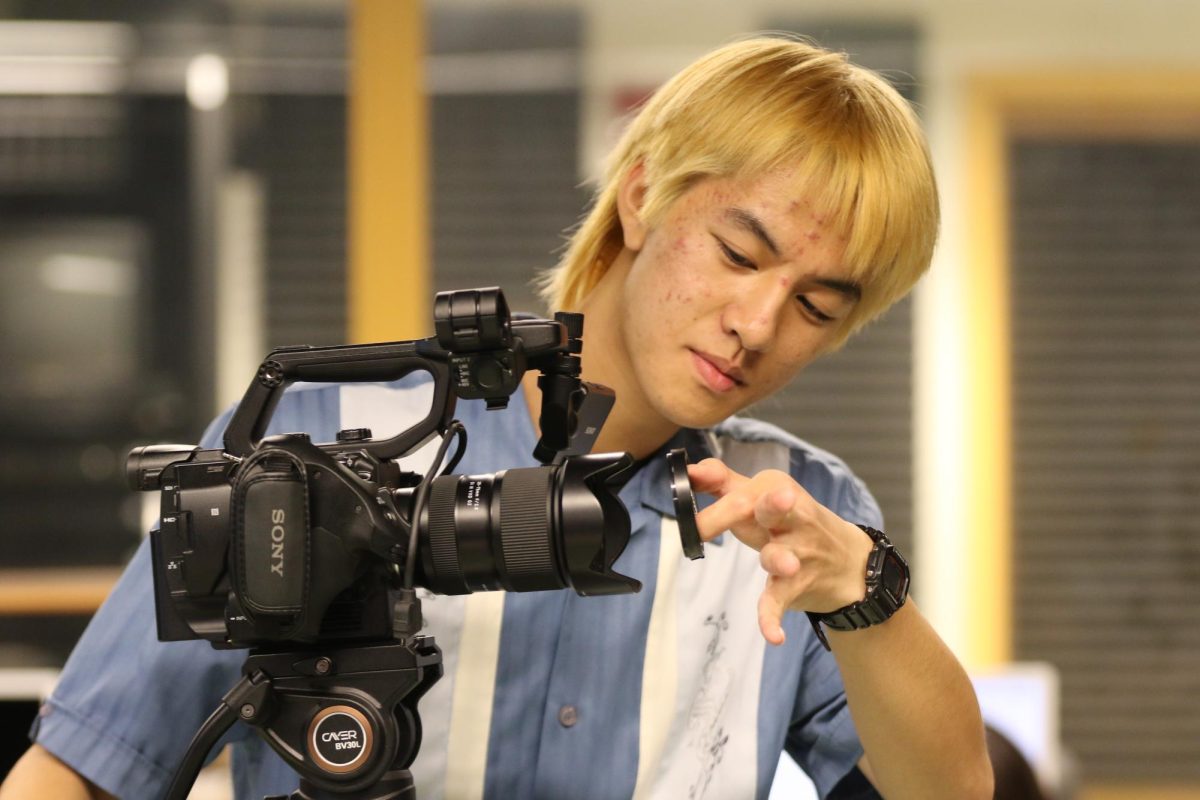By Sophia Pu | Staff Writer
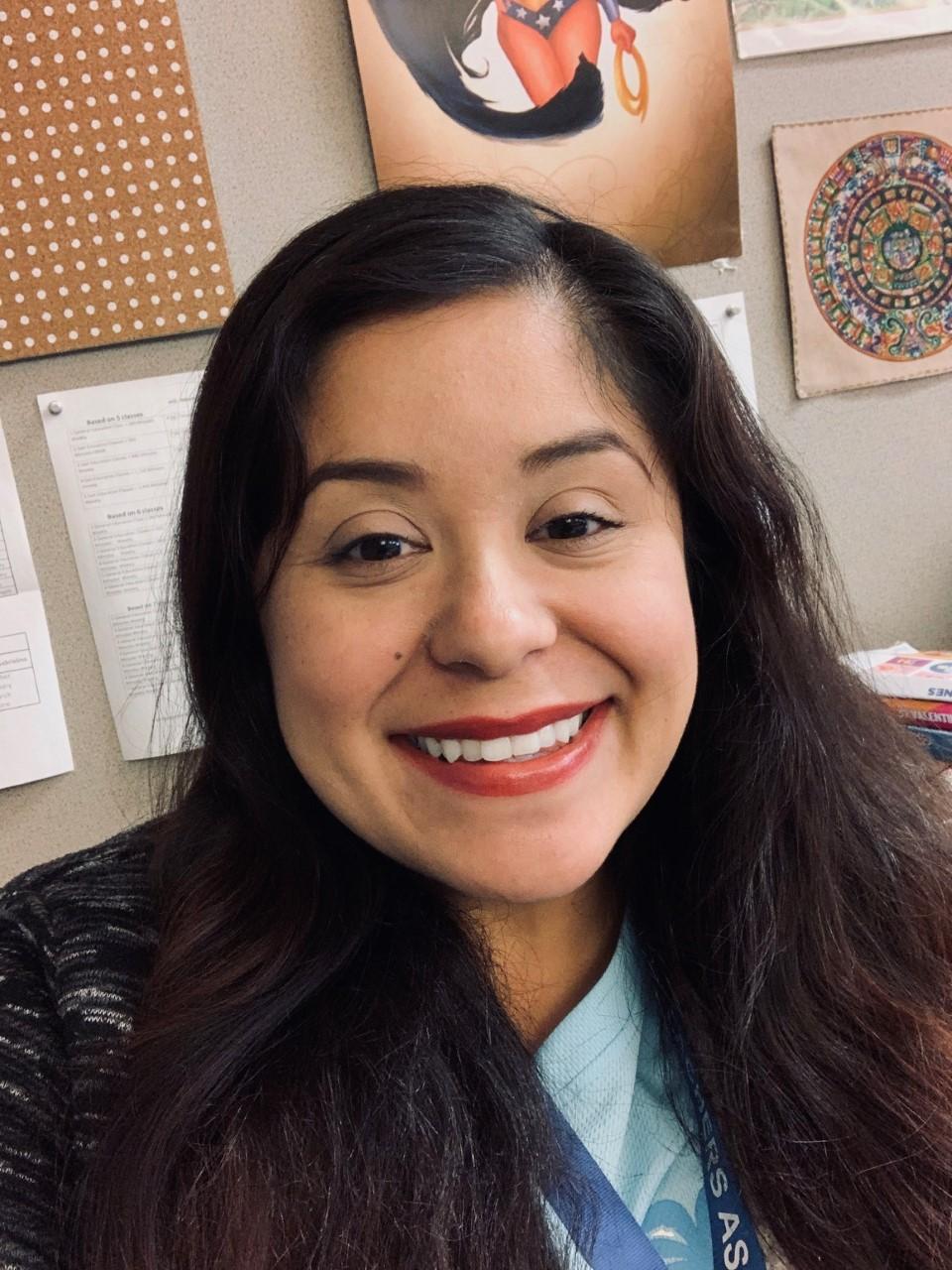
Flexibility, communication, and patience; these are the key to teaching special education, especially during the coronavirus pandemic.
Special education classes serve students with special needs, which includes anybody with physical, developmental, emotional, or sensory disabilities. The main difference between special education classes and general education classes is that lessons are paced and tailored to each student. Before the pandemic, special education lessons incorporated hands-on activities, social interaction, and one-on-one adult instruction, while utilizing a range of techniques such as using sign language as well as using sound and touch to help students read.
“Special education classes changed drastically going to virtual learning,” said Sheila Mateo, a special education teacher at Gabrielino High School. “It was much harder because some of our students did not have that adult next to them, providing the extra support.”
In addition to making hands-on assistance difficult, the virtual learning environment also brought Zoom fatigue, lack of engagement, and vulnerability to distraction.
Ashley Pech, another special ed teacher at Gabrielino, explained, “We had to be flexible when the internet did not work for some of us, when power lines were being worked on in my neighborhood, during software updates that took hours, and parents needing tutorials to navigate the weird and wacky world of Google Classroom.”
Teachers may not be able to see their students in person but Pech and Mateo still find ways to connect and spread joy. Strong communication between students, parents, and other educators help special education teachers find effective teaching strategies.
Mateo gave her students her cell phone number and and reaches out regularly through text and email. Pech drops off boxes with school supplies and favorite toys, and meditates with families during break time. She stated that although it has been hard not seeing her students, safety is the first priority.
“My families have been wonderful, gracious, patient, and understanding throughout this difficult process,” Pech said. “I love how the parents know their child’s friends now and see them daily. It has been challenging because so many of the activities we did in class were hands on and in the community, but I feel as though we have formed our own little community of friends through this process.”
With virtual learning putting unexpected roadblocks in the special ed curriculum, teachers focus on the small steps towards growth. Pech expressed her pride in students that, against the odds, were able to speak new phrases and work on tablets and computers. Mateo described how students with anxiety or who are afraid of public speaking have thrived.
“It is important to never give up, and everyday is a learning process that I look forward to!” exclaimed Mateo. “Teaching is very hard and stressful, but at the end of the day, if I am able to reach one or two students with special needs or without, I am very grateful and have done my job.”
According to The National Survey of Children with Special Health Care Needs, 9.4 million children in America have special needs. Yet, people with disabilities face stigmas of being less intelligent, less competent, and helpless, so teachers like Pech and Mateo take extra care to make their classrooms safe spaces.
“I wanted my students to be accepted by their peers and be seen as the wonderful people they are,” Pech explains. “There is a lot of fear in what we do not always understand, but I feel if we all extend kindness to those we know are in need, it will do nothing but benefit us in the long term.”

